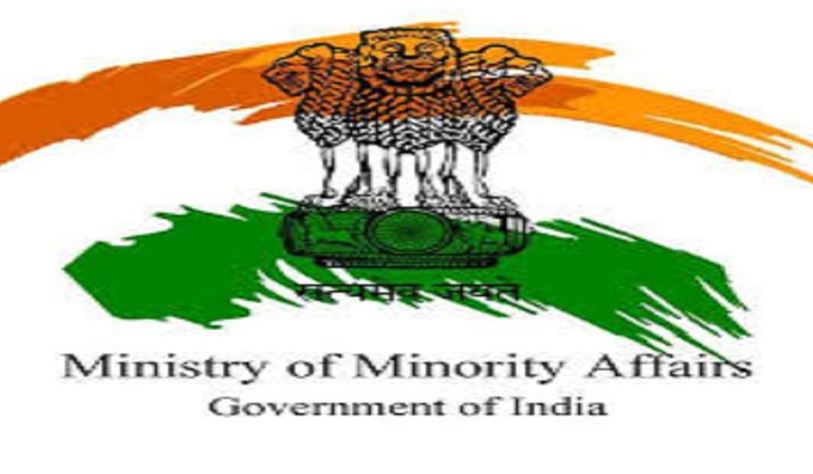This is a question that should be asked after knowing and analysing the workings of the Ministry of Minority Affairs since its establishment. The Ministry of Minority Affairs was separated from the Ministry of Social justice in 2006. But its structure, focus, and beneficiaries reflect that it works mostly for Muslims. It won’t be wrong to say that Muslims dominate the ministry.
First, after 2006, no person from the non-Muslim minority has held the post of minister of minority affairs. Till now, 5 ministers have taken charge of the ministry and surprisingly or intentionally all are Muslims.
The first person to take charge of ministry was A.R. Antulay, then Salman Khurshid, and then K. Rahman Khan held the post during UPA tenure. Even during NDA tenure, the same had been the norm. First t was Najma Heptulla who held the post and now it is Mukhtar Abbas Naqvi who is holding the post.
The question that should be asked is why a person from Christian, Buddhist, Sikh, Jew, Parsi, or Jain community has never held the post. Why has it become the norm to have only Muslim individuals leading the ministry of minority affairs?
Shouldn’t political analysts, who regularly ask questions about Muslim representation in parliament, ask questions on Muslim dominance in the ministry?
Second, the ministry has names of schemes and fellowships which primarily look Muslim in nature. There is one fellowship and autonomous foundation under the ministry which has the name of Maulana Azad.
We must ask why there can’t be schemes on the names of Vikram Sarabhai (Jain) or JRD Tata (Parsi) or Homi Bhabha (Parsi). Weren’t they too from the minority community of India?
Another point is many schemes initiated by this ministry have Urdu names. There are names like Nai Roshni, Nai Udaan, or Nai Manzil.
Why can’t this be in Pali or Prakrit which are important for Buddhists and Jains respectively? Why can’t we have schemes like Nav Sallahuka (New light) or Nav Pakkamo (New flight)?
Third, the Muslim community is the biggest beneficiary of the ministry. Until recently, there used to be Hajj subsidies, the funds for which are now being used for the education of only Muslim girls.
Three scholarships are predominantly issued by the ministry of minority affairs: pre-matric scholarships, post-matric scholarships, and Merit-cum-means scholarships. And Muslims took more than 70% benefits of these scholarships.
According to its own report of ministry, Muslims made 79.92% of total beneficiaries of the fresh pre-matric scholarships in the year 2018-19. For the renewal of the same scholarship in the same year, they made 75.83% of total beneficiaries.
For post-matric scholarships, Muslims made 74.73% in fresh beneficiaries while they made 68.68% in beneficiaries which renewed their scholarships.
As per another such report, Muslims made 78.16% and 75.86% of total beneficiaries of fresh and renewal of Merit-cum-means scholarships.
Argument might come that this is happening due to socio-economic reasons but the counter-argument is that the ministry seems to be failing at reaching out to other communities.
Fourth, though the ministry has appointed the special officer for the linguistic minorities of India but the focus and fund allocation seems to be very much little with respect to the other programs for religious minorities.
Muslim dominance of minority affairs ministry should be changed. Ministry should be made more inclusive rather than making it exclusive. The government should also try that benefits given by ministry can reach the needy among minorities and not only the affluent ones.
Authored by Harshil Mehta.
Harshil Mehta is an independent columnist and electrical engineer.
